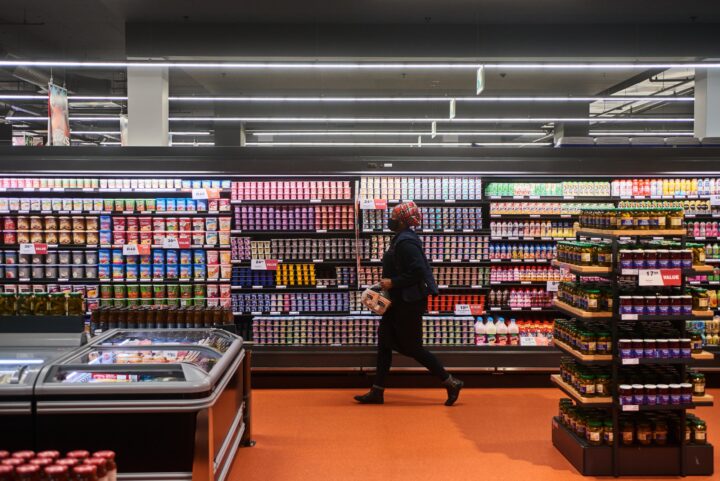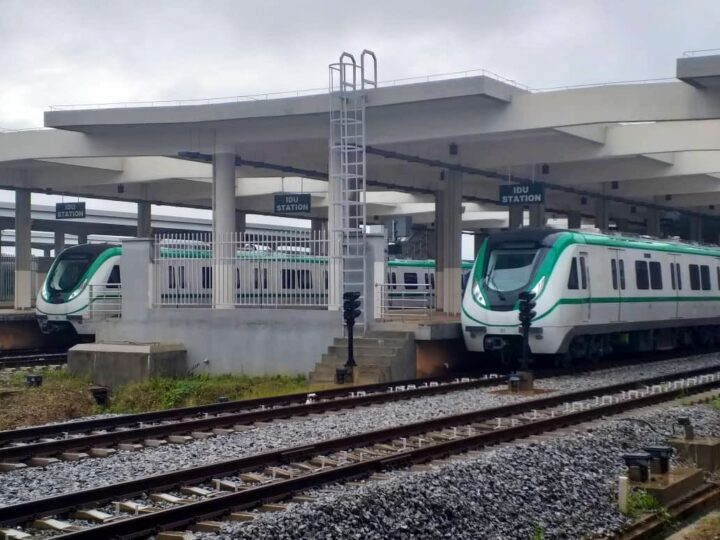South Africa’s Bureau of Statistics says the country’s inflation rate increased to 7.8 percent in July 2022, up from 7.4 percent in the previous month.
The rate is the highest recorded in 13 years.
The bureau said this on Wednesday in its latest consumer price index (CPI) report for July 2022.
The CPI measures the rate of change in the prices of goods and services in the country.
Advertisement
According to the report, the CPI increased by 1.5 percent between June and July this year, and this was only the fourth time since 2008 that the monthly increase was 1.5 percent or higher.
The report said core inflation, which excludes food, nonalcoholic beverages, fuel, and electricity; increased to 4.6 percent, exceeding the central bank’s target range of 3 percent to 6 percent, for the first time in more than four years.
It said food inflation increased by 9.7 percent year-on-year in July, up from 8.6 percent in June. Prices for bread and cereals were 13.7 percent higher than a year ago.
Advertisement
Electricity bills were not left out as they climbed by 7.5 percent on average, which is lower than the 13.8 percent increase seen last year, but higher than the 6.3 percent increase expected in 2020.
However, according to the statistics agency, service inflation which was at +4.2 percent, and durable goods prices which were +4.8 percent, were substantially lower than non-durable goods inflation which was at 14.4 percent, mostly driven by food.
It further explained that large monthly price increases were observed in a variety of products between June and July, including maize meal at 4.2 percent, cake flour at 6.3 percent, macaroni at 5.0 percent, and white bread at 2.8 percent.
The agency said rice prices also fell by more than 3 percent, while oils and fats saw the biggest price hikes – up 36 percent in July from a year ago.
Advertisement
In addition, transportation prices also witnessed a surge with taxi charges rising by 9 percent in a single month due to the increase in fuel prices by more than 10 percent in July.
The CPI report said taxis were 16 percent more expensive than a year ago and petrol is now 56 percent more expensive than a year ago.
Meanwhile, the Russia-Ukraine crisis continues to have devastating effects on the global economy, resulting in rising energy and food costs, fuelled by supply chain disruptions after the easing of COVID-19 restrictions.
The war mostly affects families in low-income countries who were already spending 42 percent of their household incomes on food, according to the United Nations Development Programme (UNDP).
Advertisement
For South Africans, it has resulted in rising costs for necessities including food, electricity, fuel, and medication, the statistics agency said.
Advertisement
Add a comment







